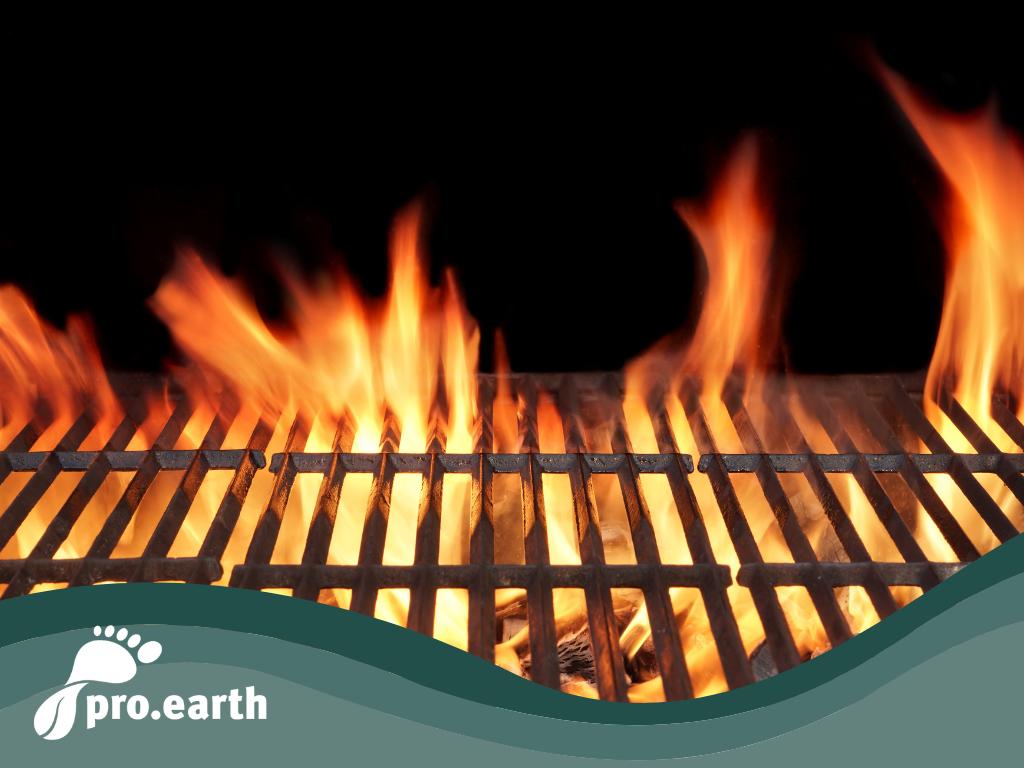I'm talking about barbecue...

It's not only noticeable olfactorily, you can also tell from supermarket freezers full of plastic-wrapped orange-red marinated mountains of meat - the barbecue season is starting.
I smelled them even before the first spring sunshine kissed my garden awake: The first barbecue orgies of my neighbors - and odor-wise they are so impressive that I can hardly restrain myself from chatting over the fence every time, as if by chance, hoping they would invite me...
All right, then I'll organize my own barbecue - and I'm already thinking about it:
Can it be more sustainable?
Well, first the meat... if you don't want to do without it, you could also buy it responsibly.
However, the internet is full of barbecue ideas without meat. As soon as we have completed our first attempts in this area for this year, we will of course let you know about our personal favorites.
Marinade
Meat bought organically and responsibly is valuable and does not deserve to be treated with flavor enhancers.
When it comes to the different ways of marinating, we recommend using your own taste and the ingredients available.
The oil is always a fixed ingredient, but you can also add garlic, herbs of your choice, mustard, ketchup, honey, lemons, limes, onions and anything else you can think of.
Everything except salt, which has no place in the marinade because it draws the liquid out of the meat and makes it dry despite all the effort.
The marinating time can be between 2 hours and a maximum of 2 days. The meat should be completely covered in the marinade and kept covered in the fridge. However, it also helps to massage the marinade in from time to time.
Important! Before grilling, remove the meat in good time and allow it to come to room temperature.
Charcoal
It is practically impossible to trace which wood is in a bag of barbecue charcoal. It is definitely advisable to look for the FSC (Forest Stewardship Council) or Naturland seal, as the amount of charcoal used should not be underestimated.
An alternative to conventional charcoal is split wood, for example - you can really celebrate the barbecue.
However, there are also briquettes made from olive pits, for example, and other innovative and aromatic alternatives.
Barbecue lighter
It is quite clear that kerosene or kerosene have nothing to do with sustainability - even if these substances are contained in commercially available firelighters.
Alternatively, you can wrap pine cones in newspaper and let your imagination run wild when it comes to making barbecue lighters.
pro.earth conclusion:
In general, we would like to appeal to you to avoid all disposable products such as barbecue cups, disposable barbecues etc. and the use of aluminum foil and also to give non-meaty barbecue food a chance. It is in no way inferior to the cutlet.






